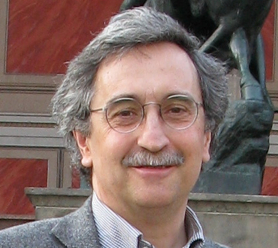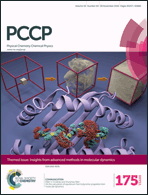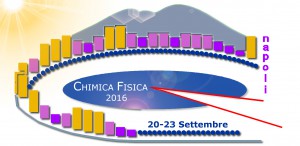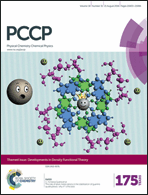Following the success of Peer Review Week in September 2016 (dedicated to reviewer recognition) during which we published a list of our top reviewers, we are delighted to announce that we will continue to recognise the contribution that our reviewers make to the journal by announcing our Outstanding Reviewers each year.
We would like to highlight the Outstanding Reviewers for Physical Chemistry Chemical Physics in 2016, as selected by the editorial team, for their significant contribution to the journal. The reviewers have been chosen based on the number, timeliness and quality of the reports completed over the last 12 months.
We would like to say a big thank you to those individuals listed here as well as to all of the reviewers that have supported the journal. Each Outstanding Reviewer will receive a certificate to give recognition for their significant contribution.
Professor Katsuhiko Ariga, National Institute for Materials Science
Dr Leonardo Bernasconi, Rutherford Appleton Laboratory
Dr Antonio Cammarata, Czech Technical University in Prague
Professor Ayan Datta, Indian Association for the Cultivation of Science
Professor Sergei Manzhos, National University of Singapore
Dr Aurelien Perera, Université Pierre et Marie Curie
Dr Jose Plata, Duke University
Professor Yasuteru Shigeta, University of Tsukuba
Professor Leonidas Tsetseris, National Technical University of Athens
Dr Lijun Xu, Honeywell UOP
We would also like to thank the Physical Chemistry Chemical Physics board and the Physical Chemistry community for their continued support of the journal, as authors, reviewers and readers.
If you would like to become a reviewer for our journal, just email us with details of your research interests and an up-to-date CV or résumé. You can find more details in our author and reviewer resource centre

















